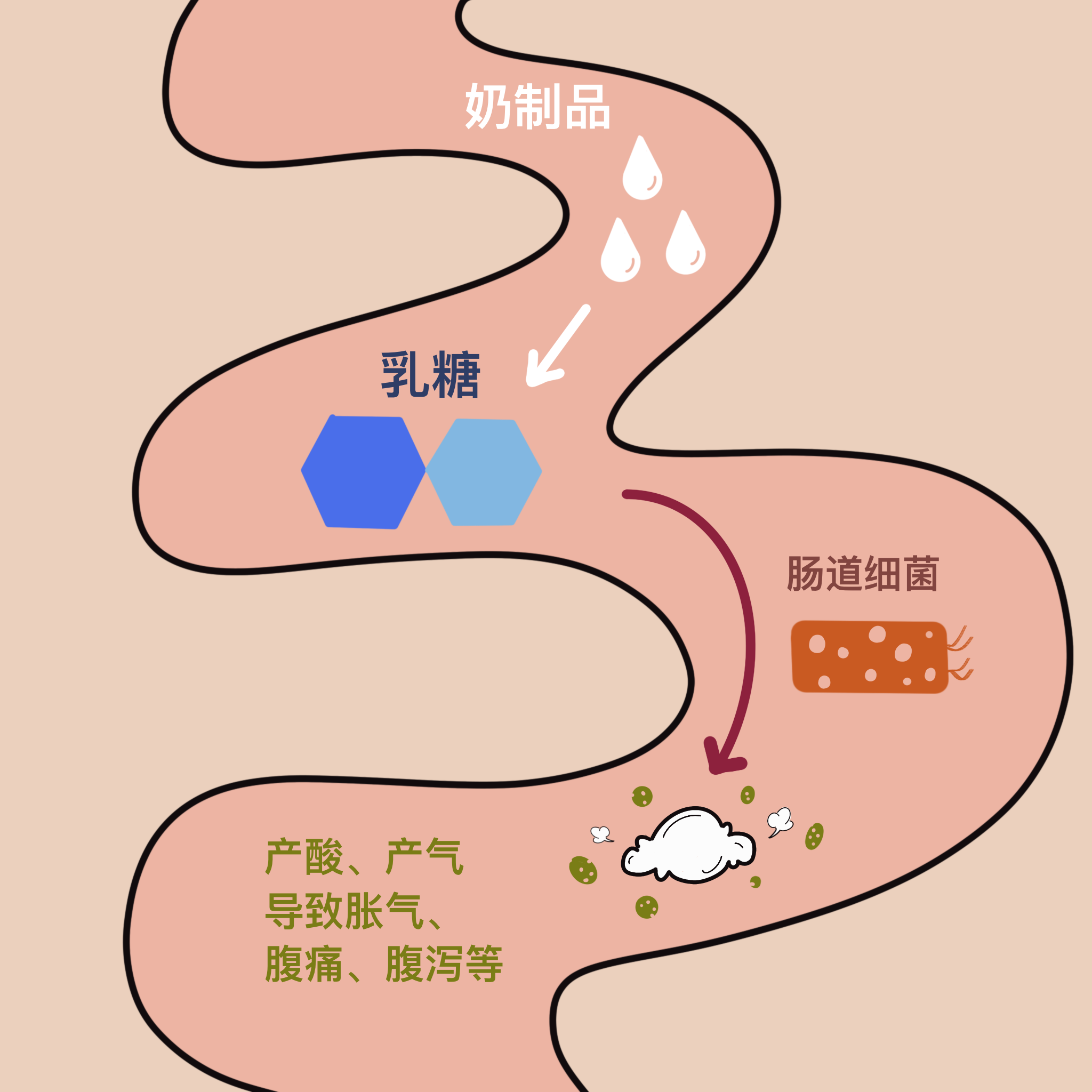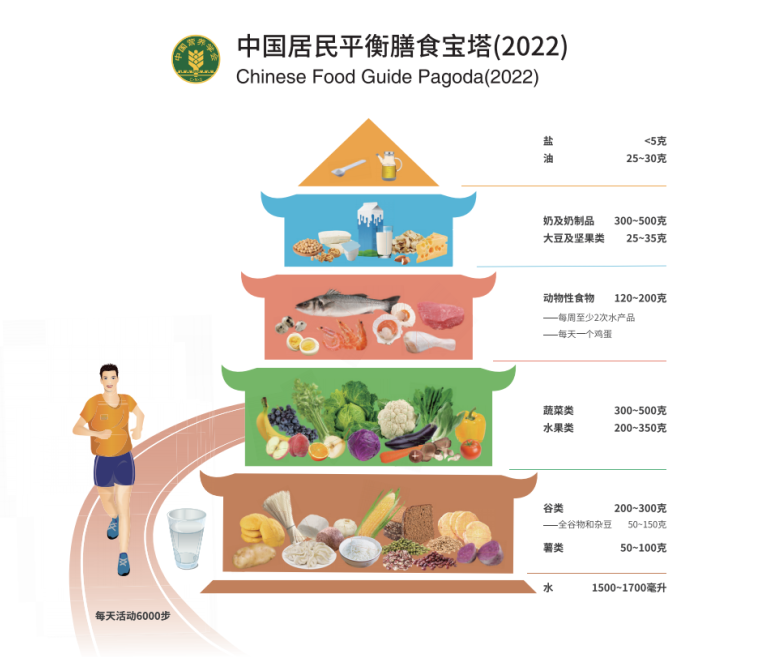Why Is Milk Still Recommended When So Many Chinese People Are Lactose Intolerant?
Lactose Intolerance, Yet Still Advised to Drink Milk?
Lactose intolerance refers to the condition where the body lacks sufficient lactase enzyme to fully break down lactose into absorbable galactose and glucose. This causes undigested lactose to ferment in the intestines, producing acid and gas, which leads to symptoms like bloating, abdominal pain, and diarrhea.
Due to long-standing differences in dietary habits across regions, statistics show a clear geographic distribution of lactose intolerance symptoms. The incidence is about 19%-37% in Europe and America, approximately 45%-88% in Africa, and 54%-74% in Asia.
A "National Lactose Intolerance Survey" launched by the Chunyu Doctor App revealed that about 310 million people in China are lactose intolerant, and nearly 350 million are suspected lactose intolerant. In total, potentially 660 million people in China may not be able to "get along well" with lactose.
Meanwhile, the nutritional value of milk is constantly emphasized, with daily consumption recommended. Is this a contradiction?
Part 1 -- The Essential Daily Nutrition from Milk Cannot Be Ignored
The "Chinese Dietary Guidelines" compiled by the Chinese Nutrition Society recommends a daily intake of 300-500 grams of milk and dairy products. These provide high-quality protein and a rich array of essential amino acids.
Furthermore, the natural calcium found in milk is recognized by nutritionists as a calcium source that is easy to digest and absorb. The calcium-to-phosphorus ratio in milk is also closer to the human body's ideal ratio, making it a natural gift for bone health.
Part 2 -- Milk vs. Children: Its Importance for Growth and Development
For children, milk or formula is a crucial source of nutrition for growth and development!
Firstly, the lactose abundant in milk is a vital energy source for early childhood development, especially for brain development, which is why lactose is sometimes called "brain sugar."
Secondly, the high-quality protein, amino acids, and natural calcium provided by milk lay an important nutritional foundation for children's physical growth and the development of multiple organs.
It's no wonder mothers often observe that children who, due to specific health needs, must consume special dietary formulas might not gain weight or height as quickly as others and may have poorer metabolic and absorption capacities.
 Part 3 -- How Can Lactose Intolerant Individuals Maintain Milk Intake?
Part 3 -- How Can Lactose Intolerant Individuals Maintain Milk Intake?
The nutrition from milk is important, but the discomfort experienced by intolerant individuals is real. So, what can be done? There are options like milk where the lactose is pre-digested with enzymes during processing, so-called "lactose-free milk," or one can supplement with external lactase enzymes.
For children, it's often recommended to try supplementing with lactase first rather than immediately switching to lactose-free milk, for these three reasons:
#1 Most childhood lactose intolerance is secondary, caused by temporary damage to the gut or dietary changes stressing the intestines, leading to a short-term deficiency in lactase production. Once the intestines recover, normal milk consumption can often resume; permanently changing the diet might be unnecessary.
#2 Reducing lactose intake can lead the intestines to produce even less lactase, potentially worsening the degree of lactose intolerance over time. Even if one chooses lactose-free milk, consuming other foods like cake, cheese, or cream cheese might still trigger symptoms.
#3 Another point for parents to consider regarding lactose-free milk: although the end products absorbed by the body are still galactose and glucose, the resulting glucose is significantly sweeter than the original lactose. This could potentially steer children's taste preferences towards sweeter foods, a concern in our current climate advocating for reduced sugar intake. This is something to think carefully about!
 【Lactase Enzyme - Choose the Original Enzyme for Easy Feeding!】
【Lactase Enzyme - Choose the Original Enzyme for Easy Feeding!】







